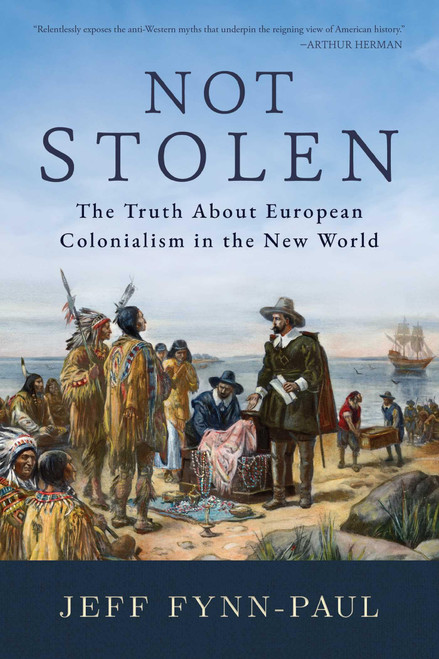In this timely book, Gwyneth Cravens takes an informed and clarifying look at the myths, the fears, and the truth about nuclear energy.
With concerns about catastrophic global warming mounting, it is vital that we examine all our energy options. Power to Save the World describes the efforts of one determined woman, Gwyneth Cravens, initially a skeptic about nuclear power, as she spends nearly a decade immersing herself in the subject. She teams up with a leading expert in risk assessment and nuclear safety who is also a committed environmentalist to trace the path of uraniumthe source of nuclear fuelfrom start to finish. As we accompany them on visits to mines as well as to experimental reactor laboratories, fortress-like power plants, and remote waste sites normally off-limits to the public, we come to see that we already have a feasible way to address the causes of global warming on a large scale.
On the nuclear tour, Cravens converses with scientists from many disciplines, public health and counterterrorism experts, engineers, and researchers who study both the harmful and benign effects of radiation; she watches remote-controlled robotic manipulators unbolt a canister of spent uranium fuel inside a hot cell bathed in eerie orange light; observes the dark haze from fossil-fuel combustion obscuring once-pristine New Mexico skies and the leaky, rusted pipes and sooty puddles in a coal-fired plant; glimpses rainbows made by salt dust in the deep subterranean corridors of a working nuclear waste repository.
She refutes the major arguments against nuclear power one by one, making clear, for example, that a stroll through Grand Central Terminal exposes a person to more radiation than a walk of equal length through a uranium mine; that average background radiation around Chernobyl and in Hiroshima is lower than in Denver; that there are no cancer clusters near nuclear facilities; that terrorists could neither penetrate the security at an American nuclear plant nor make an atomic bomb from its fuel; that nuclear waste can beand already issafely stored; that wind and solar power, while important, can meet only a fraction of the demand for electricity; that a coal-fired plant releases more radiation than a nuclear plant and also emits deadly toxic waste that kills thousands of Americans a month; that in its fifty-year history American nuclear power has not caused a single death. And she demonstrates how, time and again, political fearmongering and misperceptions about risk have trumped science in the dialogue about the feasibility of nuclear energy.
In the end, we see how nuclear power has been successfully and economically harnessed here and around the globe to become the single largest displacer of greenhouse gases, and how its overall risks and benefits compare with those of other energy sources.
Power to Save the World is an eloquent, convincing argument for nuclear power as a safe energy source and an essential deterrent to global warming.
Power to Save the World: The Truth About Nuclear Energy
$12.76 - $37.12
- UPC:
- 9780307266569
- Maximum Purchase:
- 3 units
- Binding:
- Hardcover
- Publication Date:
- 2007-10-30
- Release Date:
- 2007-10-30
- Author:
- Gwyneth Cravens
- Language:
- english
- Edition:
- 1st










